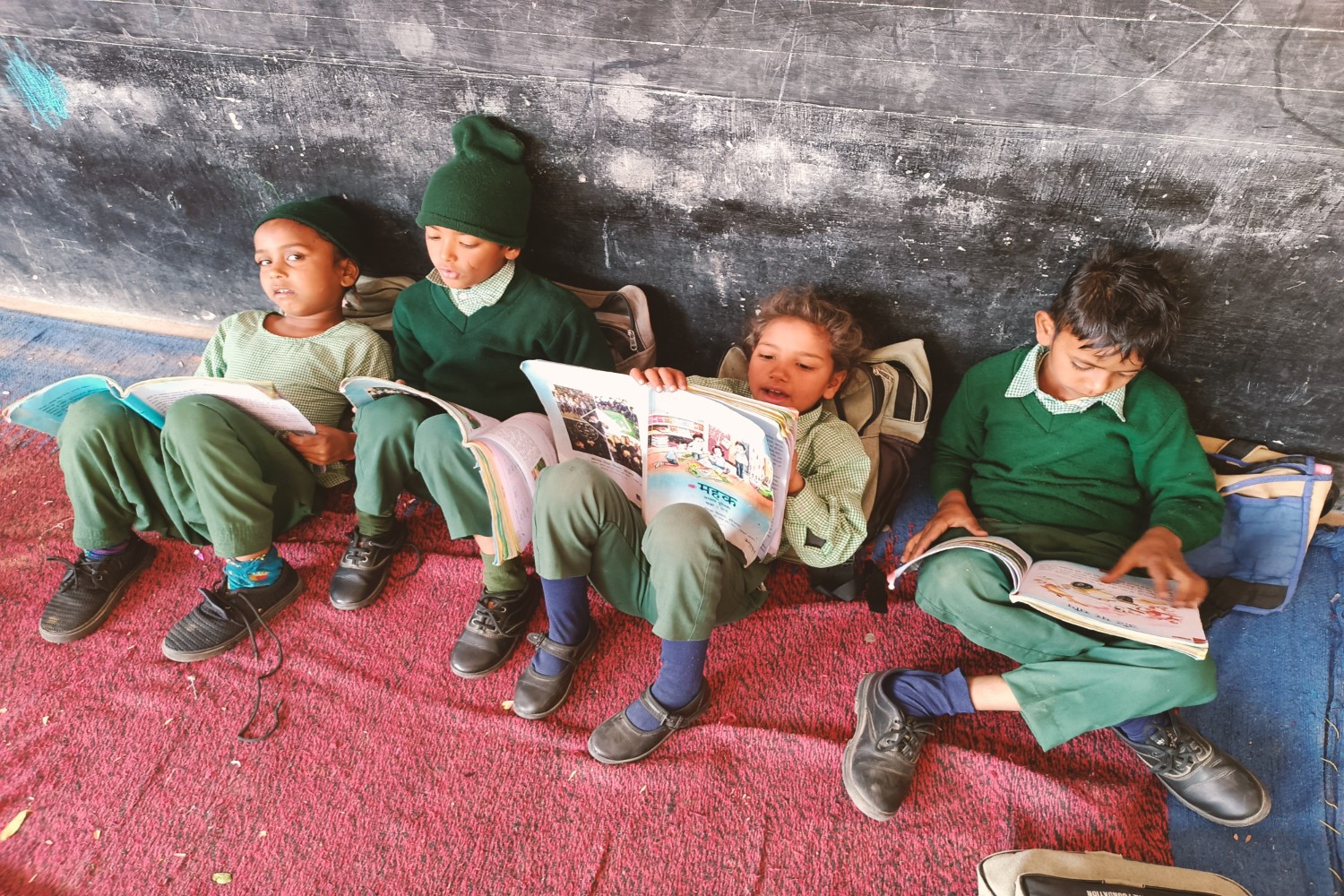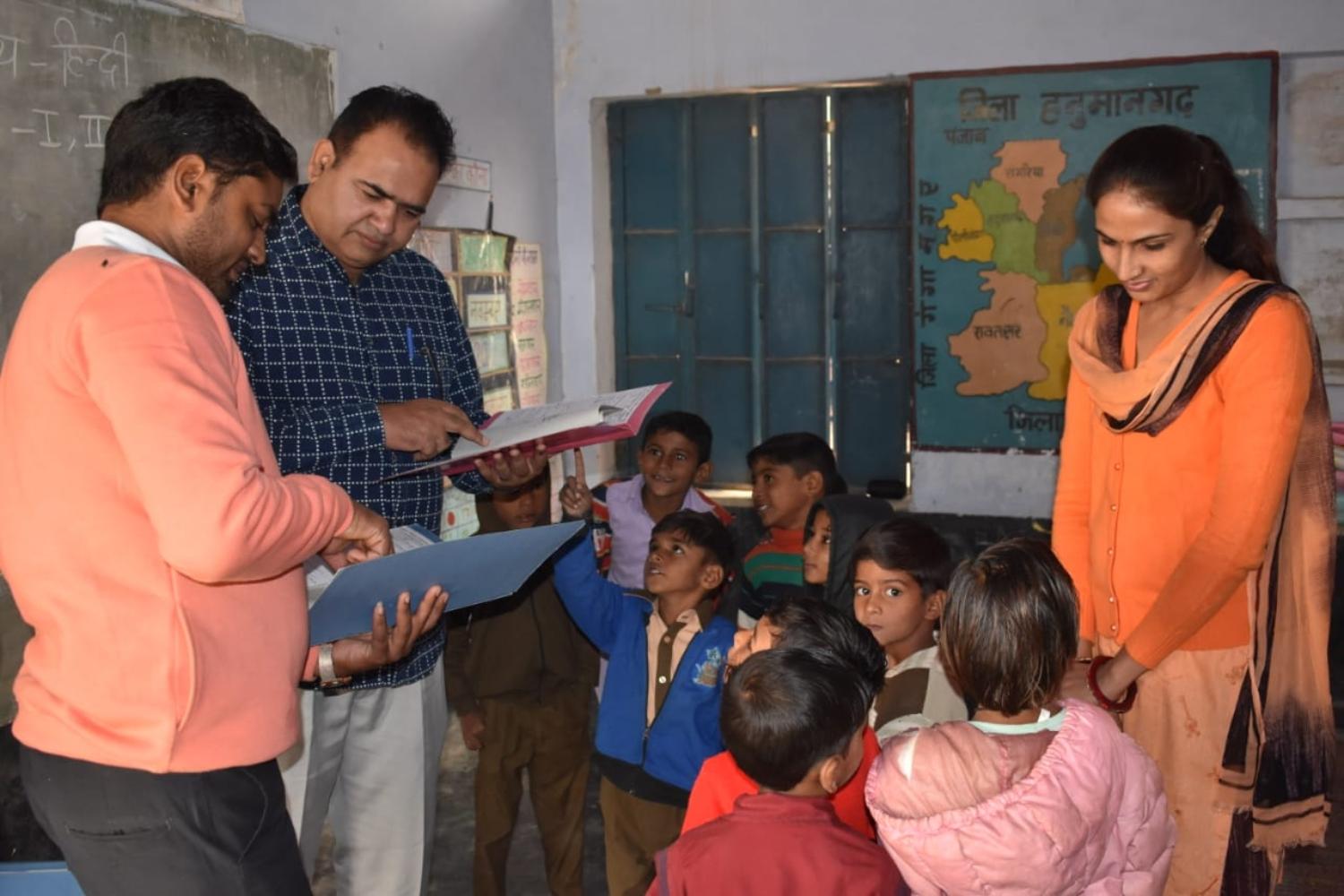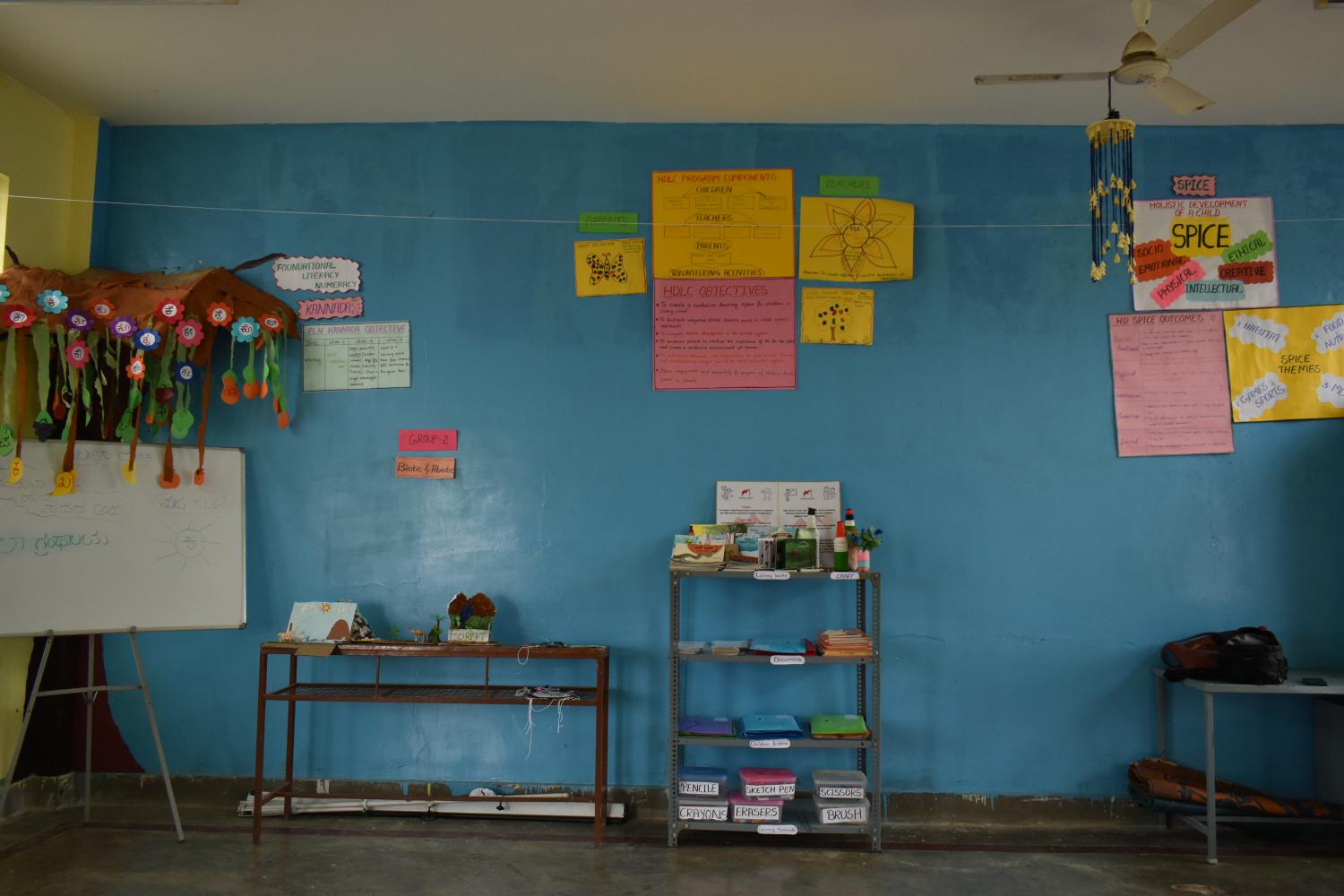Why we need to work with governments
This issue of Samuhik Pahal focuses on issues and perspectives related to CSO’s collaborative work with governments for educational change.

Governments across India constitute the most important players in the space of education. This is especially true in school education. They frame policies, run schools, administer teacher education institutions, and manage examination Boards. They also provide accreditation and funds, execute programs, and define the frames within which other stakeholders function in the domain.
For any organization or individual working in education, governments are a looming presence. Therefore, it is important to engage with them in a well thought out and effective manner. This is especially so in the present context, when the public education system is primarily catering to the marginalized sections of our society, with the upper and middle classes having effectively abandoned government schools for other alternatives.
If we want to reach children from the poorest of the poor families, then it is important that we engage with the government school system. Despite steep improvements in school enrolments over the last couple of decades, a large number of children are still unable to access schools. This is an area of lingering concern. NGOs are well placed to function as bridges between marginalized communities (such as seasonal migrants) from which these children come from, and the public education system.
Improvements in access have not uniformly transformed into gains in educational quality. By educational quality, we do not merely refer to scholastic attainments of children. It also includes other equally important parameters such as inclusion, teachers’ agency and freedom, students’ and teachers’ social-emotional learning, well-being and emotional growth, and equity in classrooms and the larger system. Some NGOs have done stellar work in experimenting and showing that scholastic attainments and equity go together. However, much work remains to be done to show that it is possible and desirable to do it at scale. The government school system provides the most relevant site to carry out this work.

There is also a need for focused work in many sub-thematic areas of education. This calls for collaborations between governments and civil society actors. One important example of this is the earlier neglected area of FLN. This is now an area of focus, following the importance it has been given by NEP 2020.
NGOs have valuable experience in running such programs. They also have important learnings of working with stakeholders from various government departments. Therefore, CSOs can play an important role in helping state governments think through programmatic and institutional interventions in rolling out FLN initiatives.
However, there is also the danger of CSOs becoming mere translators of governmental imperatives. Sometimes governmental initiatives are suboptimal and are founded on poor logic. A good example of this is the spate of school closures that have taken place in many states in India over the last few years. This process has often been based on faulty usage of indicators such as the Pupil Teacher Ratio (PTR). Organizations working in the space should play a constructive role by providing, and advocating for, better indicators to measure the adequacy of existing schools’ and teachers’ numbers.
This is just one example. The role of CSOs is not limited to executing governmental programs, and translating policies in the field. They must also have their ears on the ground, learn from the people, and try and make sure that elected governments listen to people’s demands and respond to their needs. It is critical in an area as fraught with rapid change as education. This can only happen if CSOs working in education keep their houses in order, learn all the time, and experiment independently. They also need to build relationships with pro-people administrators inside the government, and function as parts/ nodes of larger networks and collectives of organizations and individuals.




No approved comments yet. Be the first to comment!